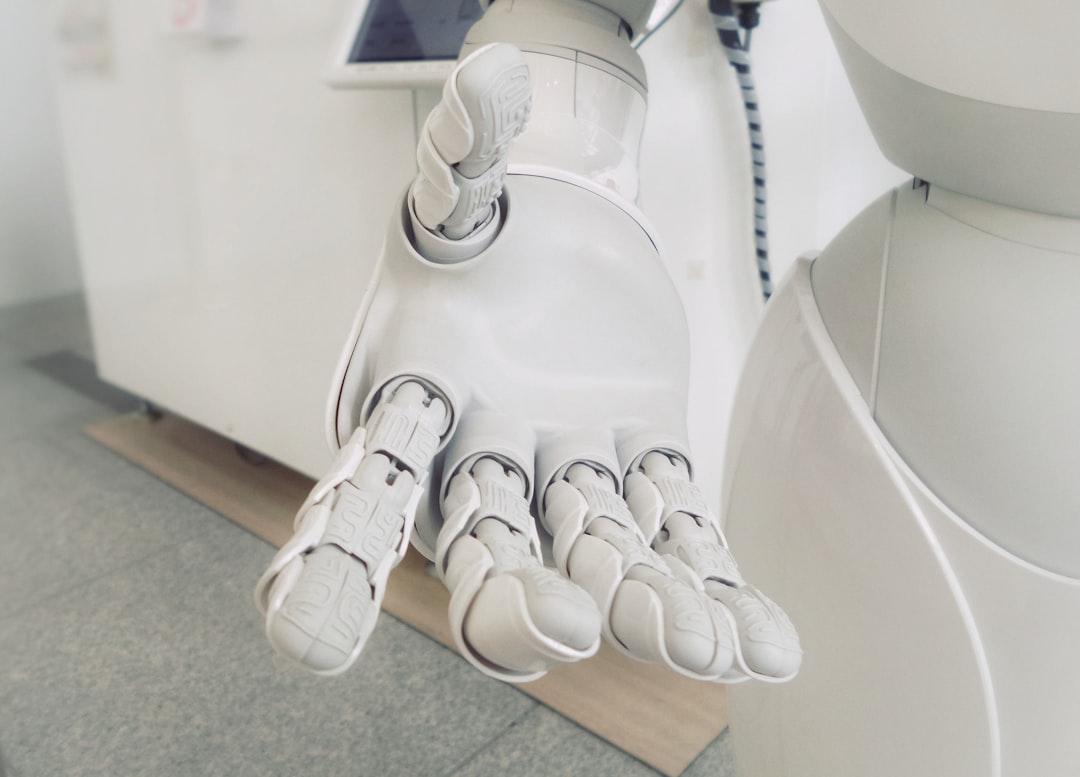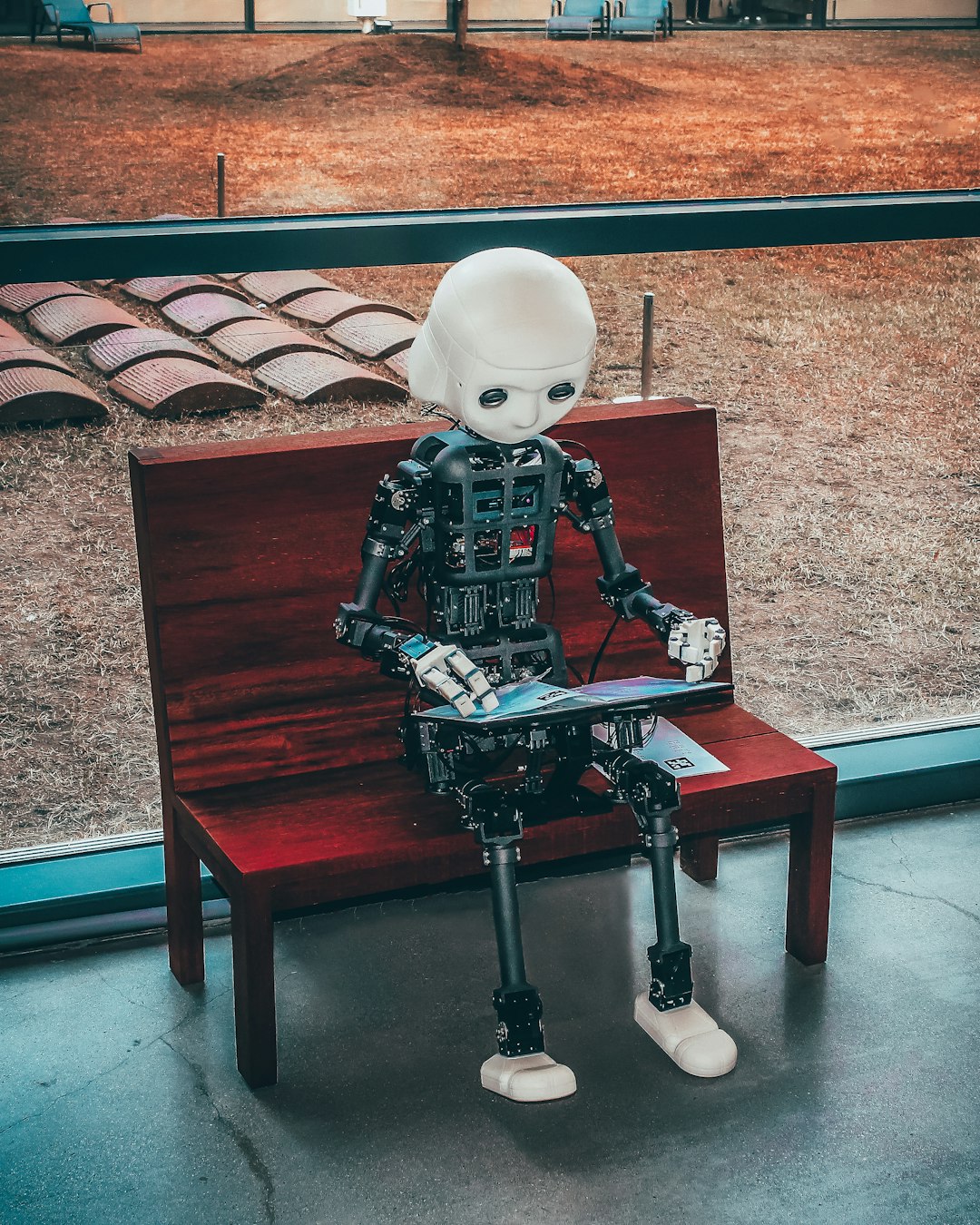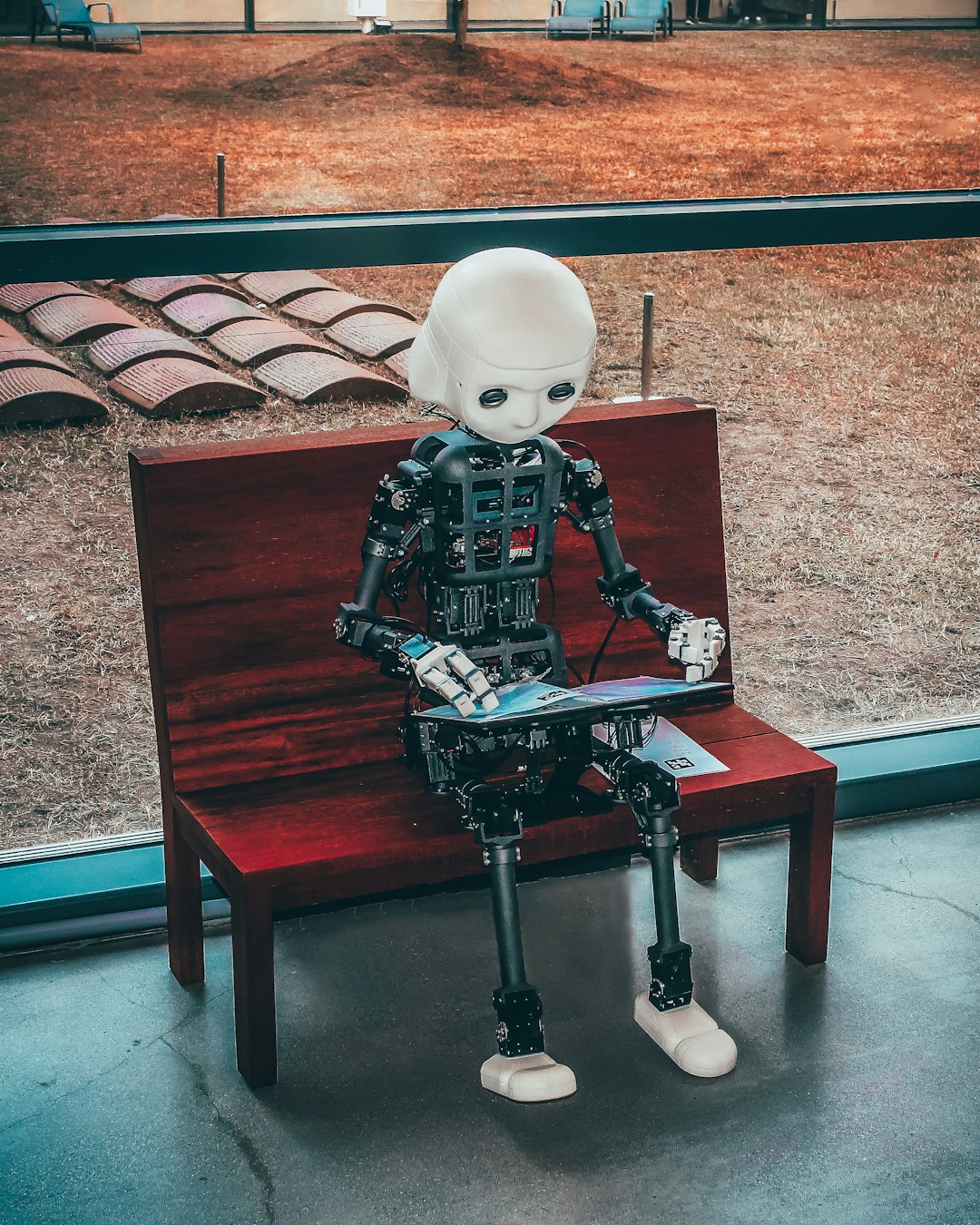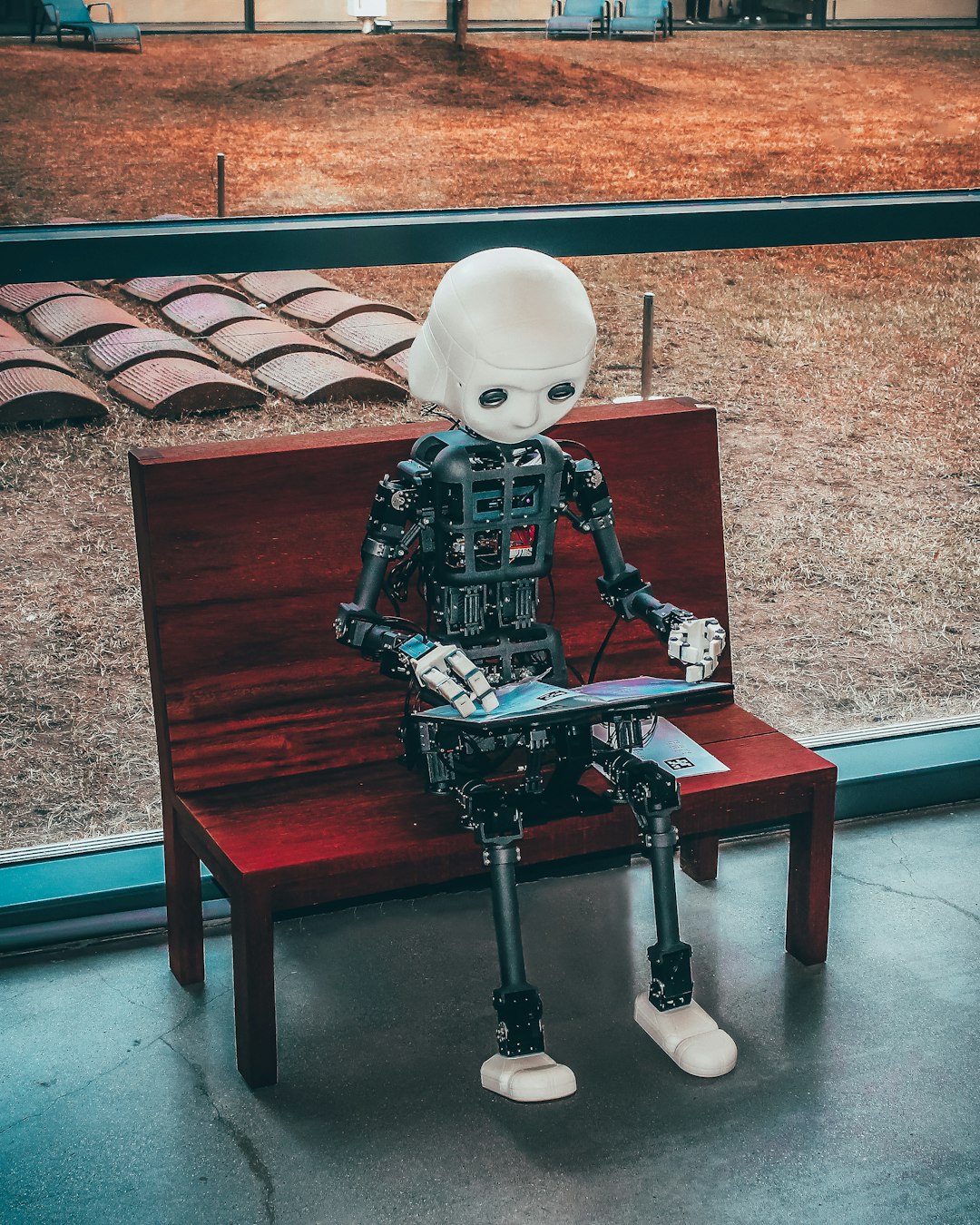Artificial Intelligence (AI) has become a household term in recent years, but what does it truly mean? In simple terms, AI refers to the simulation of human intelligence in machines that are programmed to think and learn like humans. These machines are equipped with the ability to analyze data, make decisions, and perform tasks that would typically require human intelligence.
AI has come a long way since its inception and is now finding its way into various industries and sectors. From healthcare to finance, entertainment to transportation, AI is transforming the way we live and work. One of the most notable applications of AI is in the field of healthcare. With the help of AI-powered machines, doctors can now diagnose diseases more accurately and provide personalized treatment plans for patients. Additionally, AI is also being used to develop new drugs and therapies at a faster pace, potentially saving countless lives.
The impact of AI is not limited to the healthcare sector alone. In the finance industry, AI algorithms are used to detect fraudulent activities and make predictions for stock market trends. This technology has significantly improved efficiency and accuracy in financial processes, benefiting both institutions and customers. Moreover, AI-powered virtual assistants like Siri and Alexa have become an integral part of our lives, simplifying daily tasks and providing us with instant information.
However, as AI becomes more advanced, questions regarding its ethical implications and potential risks arise. Many argue that AI could lead to job displacement, as machines become capable of performing tasks that were traditionally done by humans. While it is true that certain jobs may become obsolete, AI also creates new opportunities and job roles that will require human expertise. The key lies in adapting and equipping ourselves with the necessary skills to work alongside AI.
The capabilities of AI are expanding rapidly, with advancements in machine learning and deep learning. Machine learning allows computers to learn from past data and improve their performance over time, while deep learning enables machines to process and understand complex patterns and data sets. These advancements have opened doors to new possibilities, such as self-driving cars and voice recognition systems.
It is important to acknowledge that AI is not without challenges. Ensuring the security and privacy of data is crucial, as AI relies on vast amounts of information to operate effectively. Additionally, bias in AI algorithms has been a topic of concern, as it has the potential to perpetuate societal inequalities and discrimination. It is essential to address these issues and develop ethical guidelines to ensure AI is used responsibly and in the best interests of society.






